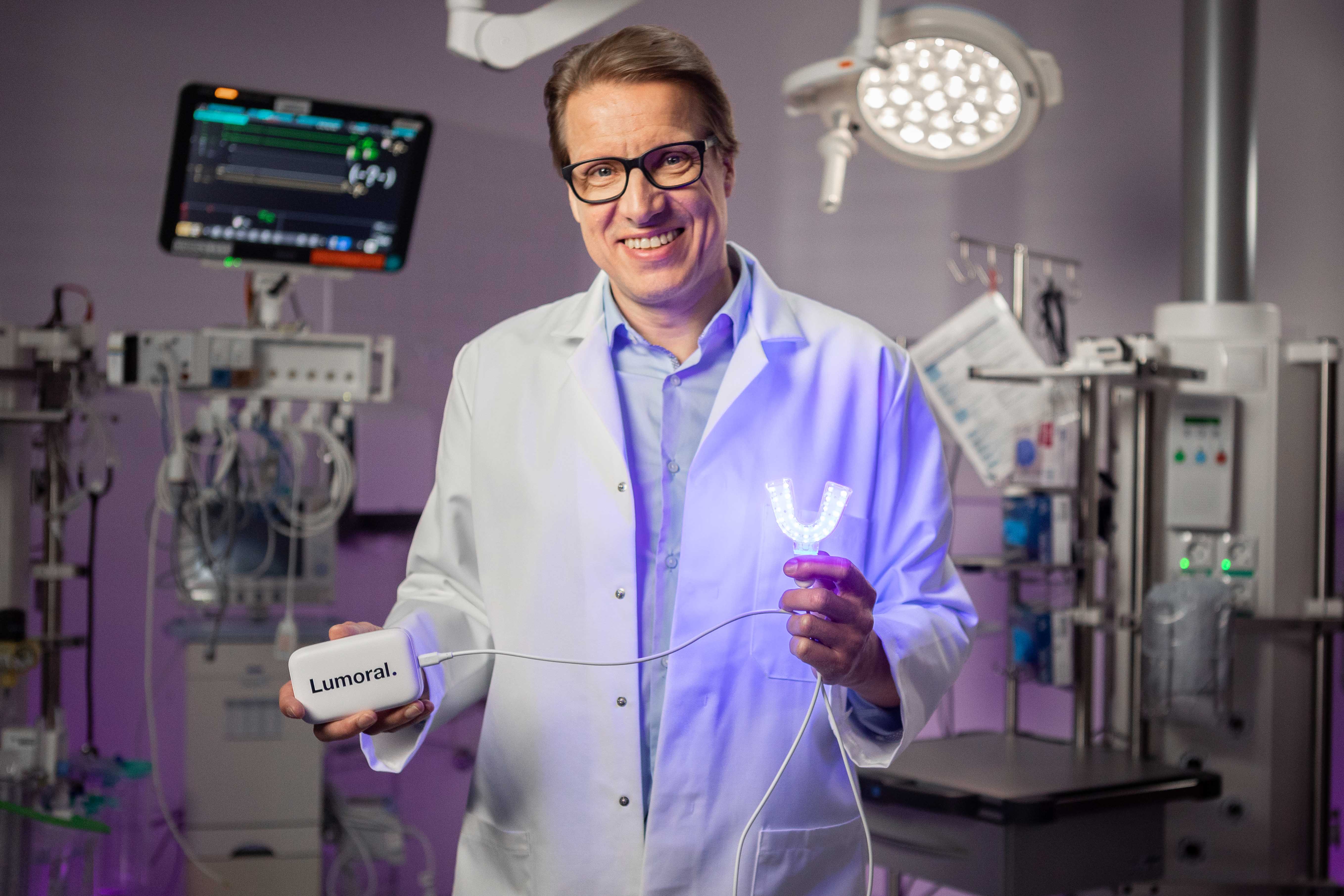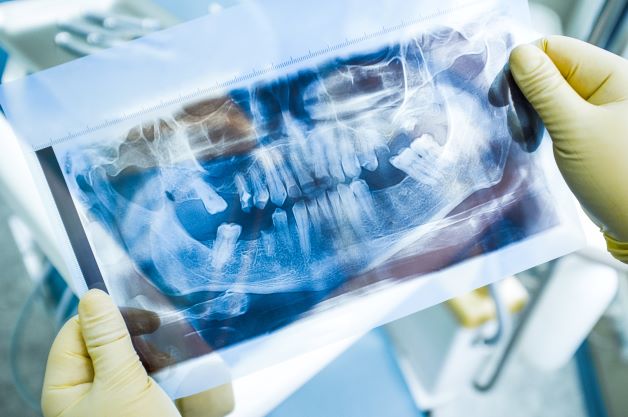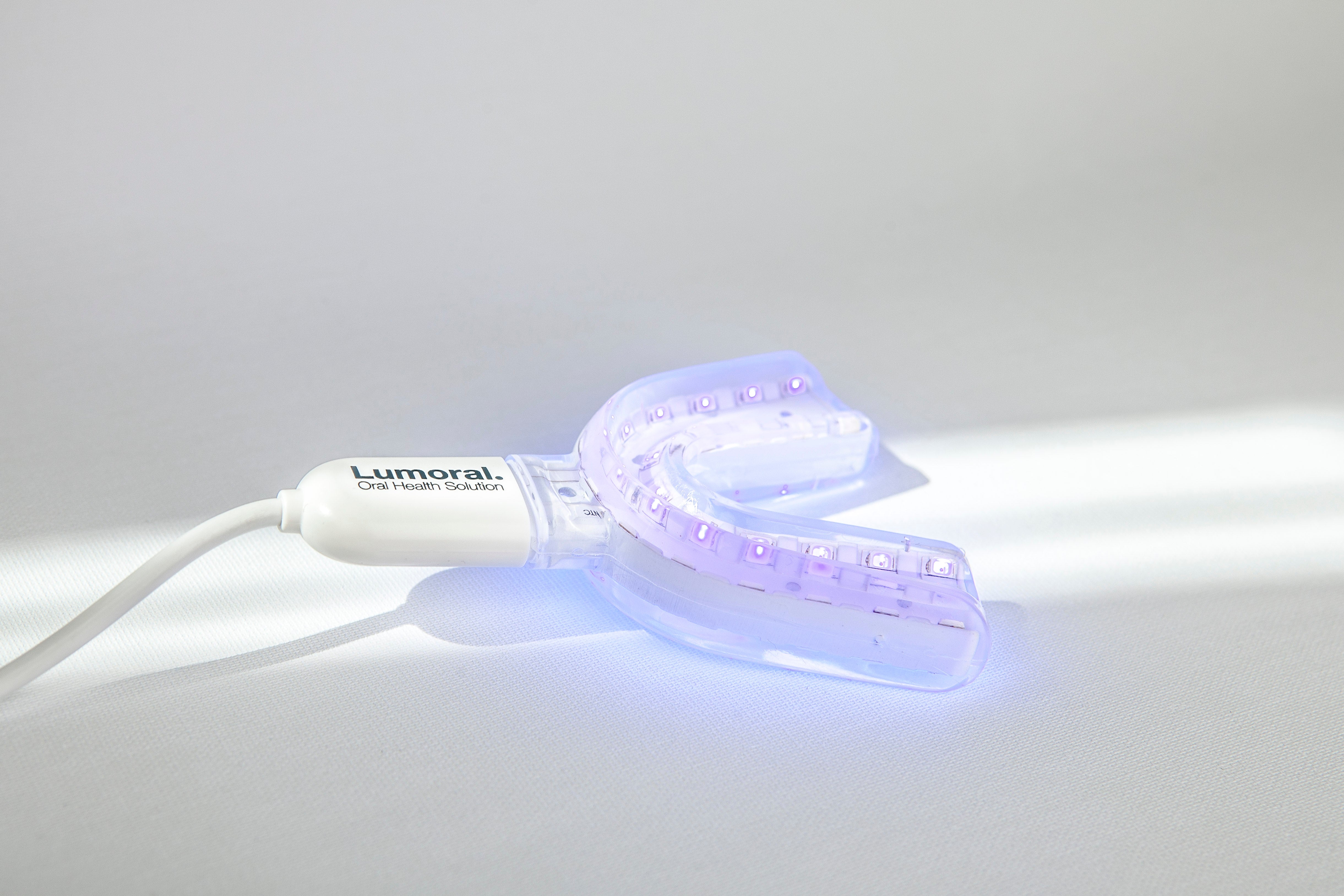- All posts
- 8 Media Venture
- althetics
- aMMP8
- Annimari Korte
- Antibiotic resistance
- Apotek Härtat
- Aqua Dental
- athlete
- Award
- Baltics
- Bonnier
- Bonnier News
- Brain health
- Business
- Cancer
- cardiovascular disease
- caries
- Chemo therapy
- children
- collaboration agreement
- Croatia
- Denmark
- Denta
- Dental erosion
- Dentex
- diabetes
- Dual Light
- Duodecim
- EFP
- EFR
- Estonia
- EuroPerio
- event
- Expodental
- FIBO
- fund raising
- general health
- Gingivitis
- Gum disease
- HAP
- HealthHub Pharma
- HIDES
- Hospital infections
- hospital-acquired pneumonia
- IBD
- Iceland
- IDS COLOGNE
- implantology
- invest
- investment
- italy
- Koite Health
- Latvia
- Lithuania
- lumoral
- Lumoral App
- Lumoral Junior
- Maritime industry
- Media
- MegaGen
- Movie
- News
- Nordic markets
- Nordics
- O
- Olympics
- Oral health
- Oral hygiene
- Oral mucositis
- Patent
- PDT
- peri-implantitis
- Perio Master Clinic
- Periodontitis
- periodontology
- Photodynamic therapy
- Press
- Ranking
- Romania
- Scandinavian Society of Periodontology
- Science
- Seafarer
- Seedtable
- share issue
- Shareissue
- Siblings movie
- Spain
- spots
- Stroke
- Study
- sweden
- Tartar
- techtour
- Thailand
- UK
- United States
- Valentine's Day
- WHO
- World Cancer Day
- World Health Day
- World Heart Day
- world oral health day
- World Smile Day

Oral Health and Brain Health: The Crucial Connection for Overall Well-being
Dental and oral bacteria have been linked to numerous chronic diseases throughout the body. Recent research indicates that thorough brushing and regular dental visits can also play a role in preven...

Periodontitis and Diabetes: The Connection Between Two Common Diseases
Periodontitis and diabetes are two prevalent diseases with a strong bidirectional relationship between them. Poorly managed diabetes promotes the progression of periodontitis and complicates its tr...

The Finnish innovation that is revolutionizing dental care
Clean teeth – for real. Through dual light therapy, the new Lumoral treatment removes 99.99 percent of harmful bacteria in your mouth – something that neither a toothbrush or flossing can do. Plaqu...

Treatment of Periodontitis in Smoking Patients with the Lumoral Method
(This article is based on the writing of dentist Viktoria Ljutkina, published in the largest dental medicine periodical in Estonia, Ajakiri Hambaarst. Ljutkina works as a dentist at Läänemere Hamba...

Antibacterial Dual-Light Therapy: A Novel and Effective Approach to Managing Oral Mucositis
Jessica Hentilä, a student at the Faculty of Medicine, University of Helsinki, conducted in-depth research on oral mucositis and its treatment. Oral mucositis is an inflammatory condition of the or...

Lumoral's journey from a brilliant idea to a unique oral health medical device
Koite Health Oy is a Finnish health technology company that develops light-activated antibacterial solutions for the treatment and prevention of oral diseases. The company’s Lumoral teeth cleaning ...